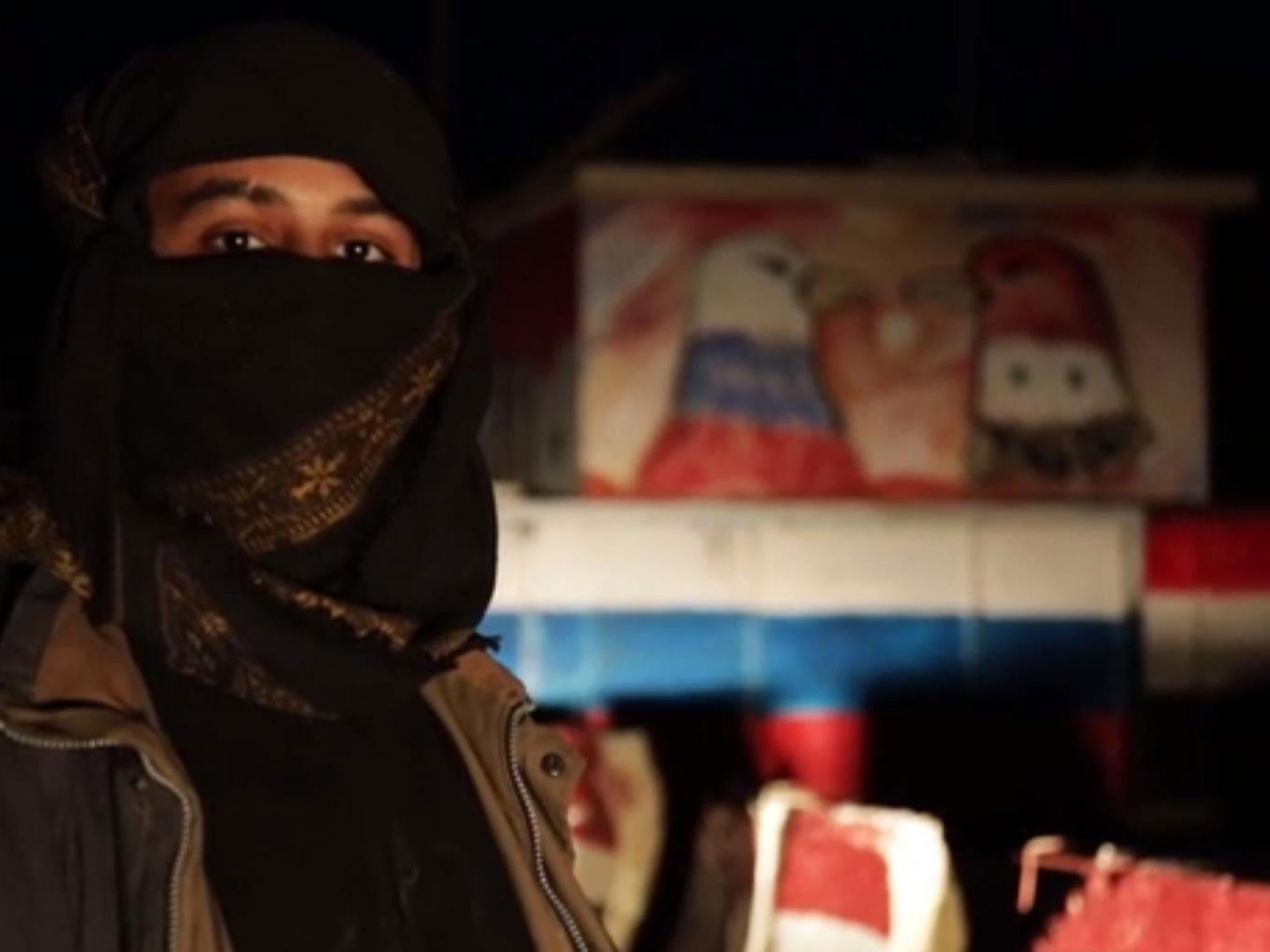Proposed terror laws could 'violate human rights and infringe freedom of speech', MPs tell government
Government wants to make one view of terror propaganda a crime

Your support helps us to tell the story
From reproductive rights to climate change to Big Tech, The Independent is on the ground when the story is developing. Whether it's investigating the financials of Elon Musk's pro-Trump PAC or producing our latest documentary, 'The A Word', which shines a light on the American women fighting for reproductive rights, we know how important it is to parse out the facts from the messaging.
At such a critical moment in US history, we need reporters on the ground. Your donation allows us to keep sending journalists to speak to both sides of the story.
The Independent is trusted by Americans across the entire political spectrum. And unlike many other quality news outlets, we choose not to lock Americans out of our reporting and analysis with paywalls. We believe quality journalism should be available to everyone, paid for by those who can afford it.
Your support makes all the difference.New terror laws proposed by the government may violate human rights and undermine freedom of speech, MPs have warned.
The Joint Committee on Human Rights called for three clauses of the controversial Counter Terrorism and Border Security Bill to be deleted and gave a total of 27 amendments.
Peers and MPs said the first clause, which would make statements deemed supportive of a banned group illegal, restricted free speech and could criminalise “valid debates” on what organisations should be banned.
They said the clause should be deleted or significantly amended, alongside a proposal to make accessing terrorist material online on just one occasion a criminal offence punishable by up to 15 years in prison.
“The Committee believes that this is a breach of the right to receive information and remain concerned that this offence risks criminalising legitimate research and curiosity,” their report on the new laws stated.
The government insists that anyone with a “reasonable excuse” for viewing the material, like journalists or people who access it by accident, will be protected from prosecution.
But the United Nations Special Rapporteur on the right to privacy accused the government of straying towards “thought crime” and Max Hill QC, the outgoing Independent Reviewer of Terrorism Legislation found it “difficult to countenance”.
The Committee also called for the deletion or amendment of a proposed law that would make travel to “designated areas” abroad illegal.
Members said the clause, which is directed at Isis territories but could cover anywhere chosen by the home secretary, does not require harm or intent to cause it.
They noted that the law was added in at the report stage, after the bill had undergone its first reading in Parliament, leaving “limited opportunity for scrutiny in the Commons”.
MPs and peers also demanded changes to a law making it illegal to publish “images depicting clothing or other articles which arouse suspicion that the person is a member of a proscribed organisation”.
They said that broadened powers to stop and search people at ports and borders without suspicion, and limit access to a lawyer for those questioned and detained, could go beyond the bounds of necessity and proportionality.
Members expressed concern that the government’s new Biometric Commissioner would not be overseeing the retention of terror suspects’ data, which will be held for five years without review even where they are not charged with an offence.
They also called for an independent review of the controversial Prevent strategy, which aims to stop people from being drawn into radicalisation but has been accused of alienating Muslim communities.
Labour Harriet Harman MP, who chairs the committee said: “Despite our previous warnings, this bill still crosses the line on human rights. We’ve put forward a range of amendments designed to bring it in line with human rights, taking into account the wide-ranging and expert evidence.
“The government has failed to give us adequate justification for provisions which risk undermining free speech and giving them wide and unaccountable powers. I trust the Lords will make sure the Government will now address our arguments properly.”
The amendments will be considered and debated in the House of Lords as the bill continues to progress through parliament over the coming weeks.
Ben Wallace, the security minister, said: “It is our view that the measures in the Counter-Terrorism and Border Security Bill are necessary, proportionate and compatible with the European Convention of Human Rights and so I am disappointed with the Committee’s conclusions.
“After the spate of terrorist attacks of last year and the deadly nerve agent attack in Salisbury, our intelligence services and police made the case for an update of existing legislation and some new powers to help meet their operational needs and respond to the evolving threats posed by terrorism and hostile state activity.
“The Government will respond to the Committee’s report in due course.”
Join our commenting forum
Join thought-provoking conversations, follow other Independent readers and see their replies
Comments